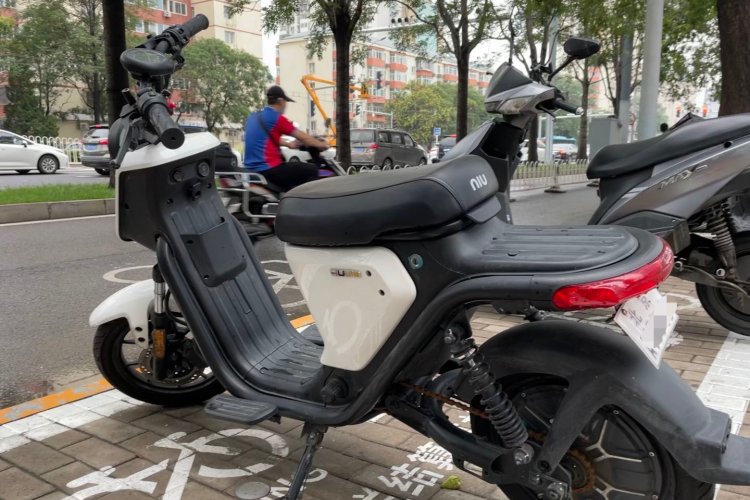Is Beijing Finally Doing Something About Sharebike Crowding?
Beijing, the birthplace of internet-based sharebikes, has a love-hate relationship with its innovation that has resulted in more than 900,000 scan-to-ride bikes on its streets today. On the one hand, the bikes are a massive convenience for commuters and can even help to combat environmental woes. But users and non-users alike are bound to find themselves annoyed at piles of bikes crowding sidewalks.
After years of watching the bikes pile up, a new regulation aims to clamp down on the problem. Touting the slogan, “one bike, one tag,” the rule would require each and every sharebike to bear an electronic tracking tag, allowing regulators to track the bikes in real time and hold providers accountable for letting their bikes get out of control or failing to remove illegally parked bikes.
Municipal regulators are currently seeking feedback from the public on a draft of the regulation (feedback is being accepted until Mar 1), but as written the draft would require that any non-functional bikes must be removed from the streets within 48 hours, and at least 95 percent of dispatched bikes must be operational at any given time.
So far, it appears the burden to prevent illegal parking will fall mainly on the providers. Although the city’s traffic management department has threatened to impose fines on riders who illegally park sharebikes, fines have never been imposed (though a fine of RMB 50 was floated in late 2019). If fines ever are pressed, though, the electronic tags will no doubt help with enforcement, as will a new round of “electronic fences,” as stipulated by the new regulation, though up to now riders have faced no consequences for parking outside of these fences.
Though it would be the largest step in that direction thus far, this is not the first time Beijing has attempted to clean up the streets. In 2019, more than 160,000 bikes were taken off the streets by order of the municipal government, and in 2020 providers were ranked in order of compliance, with Hello Bike coming out on top – though that’s easy enough for one of the city’s smaller providers. The ranking also resulted in an investigation of shared e-bike brand, Renmin, who was found to be in gross violation.
Beyond accountability, however, the one-bike, one-tag regulation would allow regulators to carry out large-scale analysis of sharebike traffic and parking, potentially unlocking the door to powerful forecasting that would enable providers to act ahead of time to move bikes out of overcrowded areas. If it works, pedestrians may just be able to stretch their legs again.
READ: Throwback Thursday: How a Dutchman Revamped Beijing's Biking Culture
Image: Huanqiu Tech (via Sohu)







